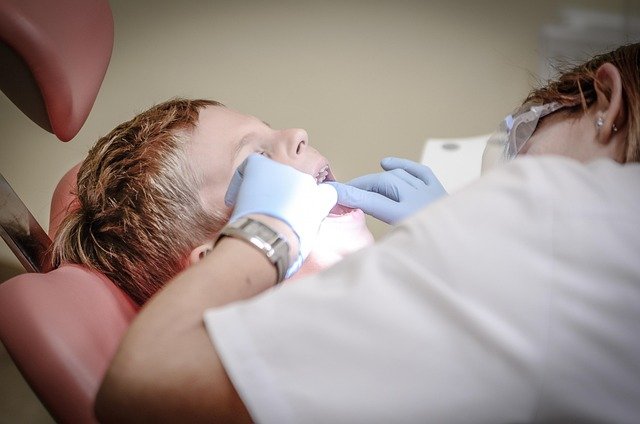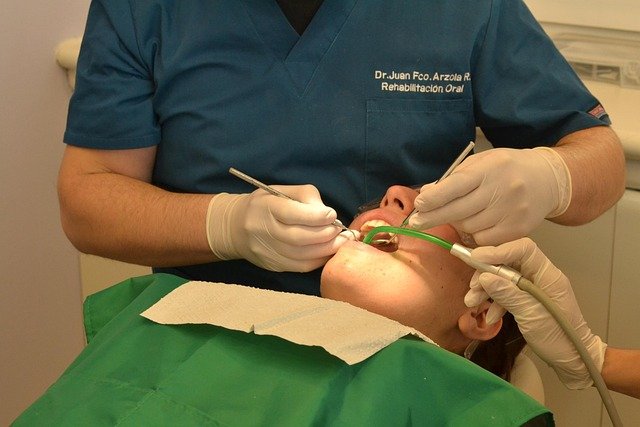Tooth Restoration Surgery: Payment Plans and Pricing
Dental implants have revolutionized tooth restoration, offering a permanent solution for missing teeth that looks and functions like natural teeth. Understanding the various implant options, associated costs, and available payment plans is crucial for making informed decisions about your oral health. This comprehensive guide explores the different types of dental implants, factors affecting pricing, and financing options available in India to help you navigate this important healthcare investment.

Understanding Dental Implant Options
Dental implants come in several varieties, each designed to address specific needs and circumstances. Single tooth implants replace individual missing teeth, while multiple implants can support bridges for several adjacent missing teeth. Full mouth implants, including All-on-4 and All-on-6 systems, provide complete tooth replacement solutions. The choice depends on factors such as bone density, oral health condition, and the number of teeth requiring replacement.
Endosteal implants, the most common type, are surgically placed directly into the jawbone. Subperiosteal implants sit on top of the jawbone beneath the gum tissue, suitable for patients with insufficient bone height. Zygomatic implants, anchored in the cheekbone, serve as alternatives when traditional implants are not feasible due to bone loss.
Factors Influencing Dental Implant Costs
Several variables affect the overall cost of dental implant procedures. The type and quality of implant materials, such as titanium or zirconia, significantly impact pricing. The complexity of the procedure, including any necessary preparatory treatments like bone grafting or sinus lifts, adds to the total expense.
Geographical location within India plays a role in cost variation, with metropolitan areas typically charging higher fees than smaller cities. The experience and specialization of the dental surgeon also influence pricing structures. Additional procedures such as tooth extractions, temporary crowns, or specialized imaging contribute to the overall treatment cost.
Payment Options for Dental Implant Treatment
Many dental clinics in India offer flexible payment plans to make implant treatment more accessible. Monthly installment plans allow patients to spread costs over 6 to 24 months, often with minimal or no interest charges. Some practices partner with healthcare financing companies to provide extended payment terms.
Insurance coverage for dental implants varies significantly. While basic dental insurance may not cover implants, some comprehensive health insurance plans include partial coverage for medically necessary procedures. Employer-sponsored health benefits sometimes extend to dental implant coverage, particularly when tooth loss affects overall health or nutrition.
Healthcare savings accounts and flexible spending accounts can be utilized for implant procedures, providing tax advantages for treatment costs. Some patients opt for medical tourism within India, traveling to cities with lower treatment costs while maintaining quality standards.
| Provider Type | Location | Cost Range (INR) |
|---|---|---|
| Private Dental Clinics | Mumbai/Delhi | 25,000 - 50,000 per implant |
| Specialized Implant Centers | Bangalore/Chennai | 20,000 - 45,000 per implant |
| Dental Colleges | Various Cities | 15,000 - 30,000 per implant |
| Multi-specialty Hospitals | Tier-1 Cities | 30,000 - 60,000 per implant |
| Regional Dental Practices | Tier-2/3 Cities | 18,000 - 35,000 per implant |
Prices, rates, or cost estimates mentioned in this article are based on the latest available information but may change over time. Independent research is advised before making financial decisions.
Quality Considerations and Treatment Planning
The success of dental implant treatment depends heavily on proper planning and execution. Initial consultations typically include comprehensive oral examinations, digital imaging, and treatment planning discussions. Quality implant systems from established manufacturers offer better long-term success rates, justifying higher initial costs through improved durability and reduced complications.
Treatment timelines vary based on individual cases, with some patients requiring several months for complete healing and integration. Immediate loading implants allow for same-day crown placement in suitable cases, though traditional healing periods of 3-6 months remain standard for optimal results.
Long-term Value and Maintenance
Dental implants represent a long-term investment in oral health, with proper care enabling decades of function. Regular dental hygiene, professional cleanings, and periodic check-ups ensure implant longevity. The cost per year of implant ownership often compares favorably to alternative treatments like removable dentures when calculated over their lifespan.
Maintenance costs remain minimal compared to initial treatment expenses, primarily involving routine dental care and occasional adjustments. The improved quality of life, enhanced nutrition, and restored confidence often justify the investment for many patients.
While dental implant treatment requires significant financial planning, the combination of flexible payment options, insurance possibilities, and long-term benefits makes this tooth restoration solution increasingly accessible to Indian patients seeking permanent solutions for missing teeth.




